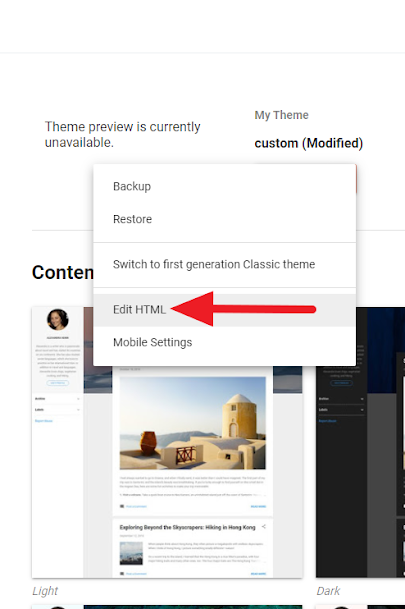Keep in mind that specific jobs might require an answer to some questions that might appear to be illegal for other jobs. For example, firefighters need to be in good physical condition because they may be required to climb a ladder carrying 100 or more pounds; therefore strength and health-related questions are acceptable in interviews for firefighters. Bartenders need to be at least 21 years old, so the interviewer can ask about age when interviewing for a bartender. In general, however, an employer is not allowed to consider information that is not related to a person's ability to do the job.
Specific Problem Interview Situations
This section deals with issues most people experience and that are often (but not always) legitimate issues for an employer to explore. No doubt many, if not most, of us would resent that employers would even consider such things as race, age, religion, national origin, child care, and other personal matters in evaluating people for employment. But some employers do consider these things, despite the fact it is unfair or even illegal to do so. Just remember that most employers simply want to be assured that you will stay on the job for a reasonable length of time and do well.
Gaps in Your Work History
About one out of five people in the workforce experience some unemployment each year, and most bosses have experienced it themselves.
If you have a legitimate reason for a major gaps in your work history, such as going to school or having a child, tell the interviewer in a matter-of-fact way; do not apologize or act embarrassed about it. You could, however, add details about a related activity you did during that period that would strengthen your qualifications for the job.
Quick Tip
It may help to refer to dates in years rather than months, for example "from 2003 to 2005" rather than "from November 2003 to June 2005." This is still truthful and avoids showing short gaps in your work history.
Being Fired
Lots of people gets fired, often for reasons that do not reflect on their ability to do the job in question. Of course, if you were fired for just cause, you need to learn from the experience and change your behavior or consider another career. However, there are ways to address this in an interview.
Many employers tell me they will not hire someone unless they know why the person left his or her last job. The good news here is that many employers have been fired themselves and are sympathetic. If you have a reasonable explanation, many interviewers will understand. The best policy is usually to tell the truth of what happened in your past job in an objective way, and then quickly turn to presenting the skills you have to do the job under discussion.
Job history Unrelated to Your Current Job Objective
Do not worry, if your past experience was a real barrier, you would not have been invited for an interview in the first place. Just emphasize your adaptive and transferable skills and how they relate to the job you are discussing. For instance, a teacher who wants to become a real estate agent could cite superior communication skills and an ability to motivate students in the classroom (convincing an eight-year-old to do math homework may be even harder than persuading an adult to buy a house). Look up the job descriptions of your old jobs and the one you want now, and find skills they have in common.
Recently Moved
Employers may be concerned that someone who has recently moved to an area does not have roots there and may soon leave. If you are new to the area, make sure the employer knows you are there to stay. Provide a simple statement that presents you are as a stable member of the community. It may be helpful to mention any family or friend who live nearby.




















